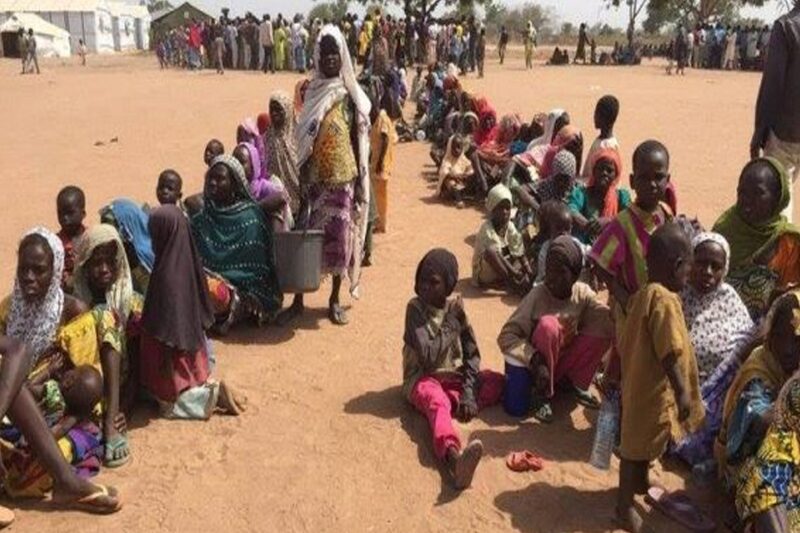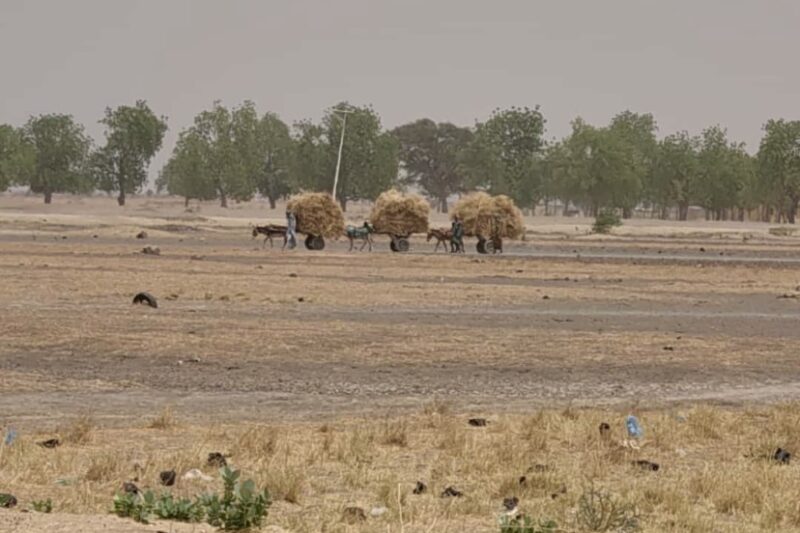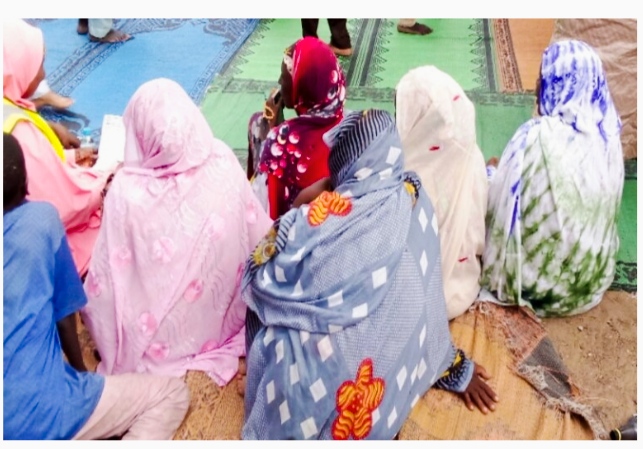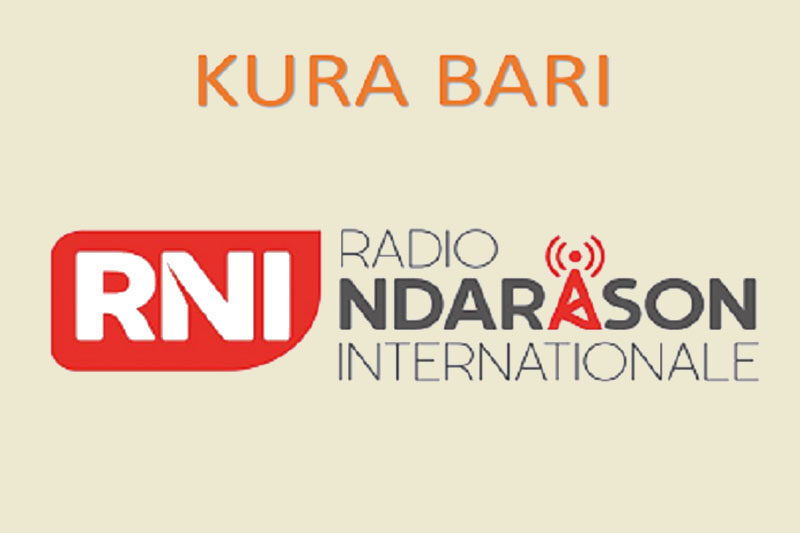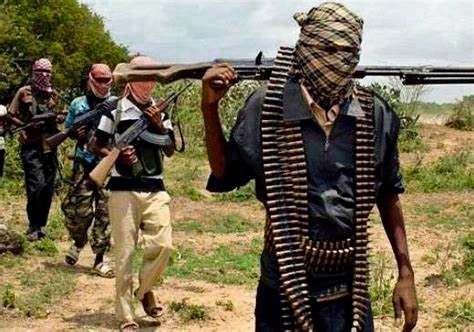Nigerian refugees in the Republic of Niger are extremely worried about what will happen to them if the Economic Community of West African States (ECOWAS) carries out its threat to bring in external military forces if the coup leaders in the country fail to restore democracy and reinstate ousted President Mohamed Bazoum before Saturday, August 5.
There has been growing tension between Niger and ECOWAS member states since Abdramane Tchiani, an army general and head of Niger’s presidential guard, declared himself the leader of a transitional government on Friday, July 28, two days after his unit overthrew the democratically elected Bazoum.
Tchiani, who is 62, said on state-run television that the intervention had been necessary to avoid “the gradual and inevitable demise” of the country, adding that Bazoum had sought to convince people that “all is going well … the harsh reality [is] a pile of dead, displaced, humiliation and frustration”.
There are more than 250,000 Nigerian refugees in Niger, most of whom fled armed conflict in Nigeria’s Borno State, the epicentre of the insurgency.
Mallam Abbati, a Nigerian refugee in Diffa in Niger, who was displaced from the Abadam Local Government Area in Borno State nine years ago, told RNI that the refugees were in a difficult situation as tension between Nigeria and Niger had continued to escalate since the coup on Wednesday, July 26.
“The refugees are worried that the possible use of external forces in a volatile region struggling to contain more than a decade-long armed conflict could jeopardise the relative peace that now exists in the region.
“We do not support the possible use of forces by ECOWAS on Niger. We are shocked to hear that from our leaders. If they can use forces on the junta in Niger, why can’t they use the same forces to defeat Boko Haram [Jamā’at Ahl as-Sunnah lid-Da’way Wa’l-Jihād – JAS] so that we can return to our ancestral home?”
He said the Nigerian refugees were welcomed by the people of Niger. They had been living there peacefully without any problems since they arrived nine years ago.
“But that’s not the case today. These days I hear some Nigeriens saying all sorts of things about us on the streets and at marketplaces. My wife told me that she had the same experience. If the relationship between Nigeria and Niger continues to deteriorate it will create more problems for us.”
Babagana Bulama, also a Nigerian refugee in Diffa, said the threat by ECOWAS to use external forces in Niger would create more problems and it was not the solution.
“Niger is our second home. When we were chased out of our own home country it was Niger that hosted us. And now ECOWAS is planning to use its forces in Niger. Where do they want us to go? Boko Haram has been committing all sorts of atrocities for more than a decade now – where were the ECOWAS forces then? I would like ECOWAS to use its forces to end the insurgency so that we can return home.”
Haruna Ayuba, a diplomatic relations analyst at the Centre for Peace, Diplomatic and Development Studies, said: “If the relationship between the two countries continues to deteriorate, it will affect the Nigerian refugees in Niger adversely. There would be no place for them to stay in Niger and that would make their fate uncertain. If the situation does not improve, anything can happen.”
MAMMAN MAHMOOD


